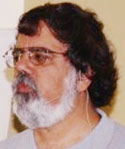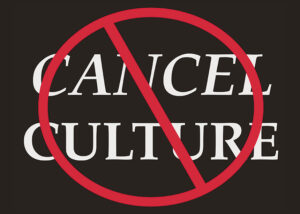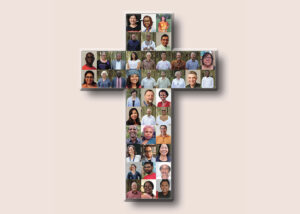Dr. Mark Ragins, a well-known American psychiatrist who has dedicated his life and practice to recreating, improving and sustaining mental health recovery programs, spoke to 200 people who attended the second annual lecture series of Eden Health Care Services in Winkler last fall.
Ragins began by noting that there is a revolution in working with people with mental illness. It is the people who live with mental illness that are changing the perception of mental illness and the way it is treated, he said, adding that in the past mental illness was associated with hopelessness, but the focus has changed to recovery, with the attainable goal of a better life.
The revolution consists of empowering individuals to take charge of their recovery and become the kind of person they want to be. Treatment is directed towards the person, Ragins said, and recovery is what the individual experiences. He calls it “person-centred recovery.”
Important to this model is the new concept that recovery is focused on assisting individuals to make gains in all areas of their lives, rather than just treating their illness. Medications, where necessary, are directed to improving the quality of life of the person, instead of simply relieving the symptoms.
Throughout his lectures Ragins emphasized that not just professionals—but family, friends, church and community—play a key role in recovery. It is the community surrounding the person that is important if recovery is to take place, he said. “The more we take care of [institutionalize] persons with mental illness, the more they become crippled,” Ragins noted.
Recovery is countercultural, according to Ragins. It is welcoming, engaging, accepting and emotionally connecting to the very people that society tends to reject. The recovery model asks everyone to serve the people who are unserved or underserved.
For many with mental illness, faith in God is a part of their emotional and spiritual healing. A community of “shared faith” must be promoted by acceptance and blessing, Ragins said, explaining that the blessing may come from the fact that the person has received a gift from the illness that can be shared and be helpful within the faith community. Those with mental illness may come to realize that they are renewed and are a new creation by having gone through their suffering, finding meaning and reason for the suffering that has opened their hearts and brought them and their communities closer to God.






Leave a Reply
You must be logged in to post a comment.